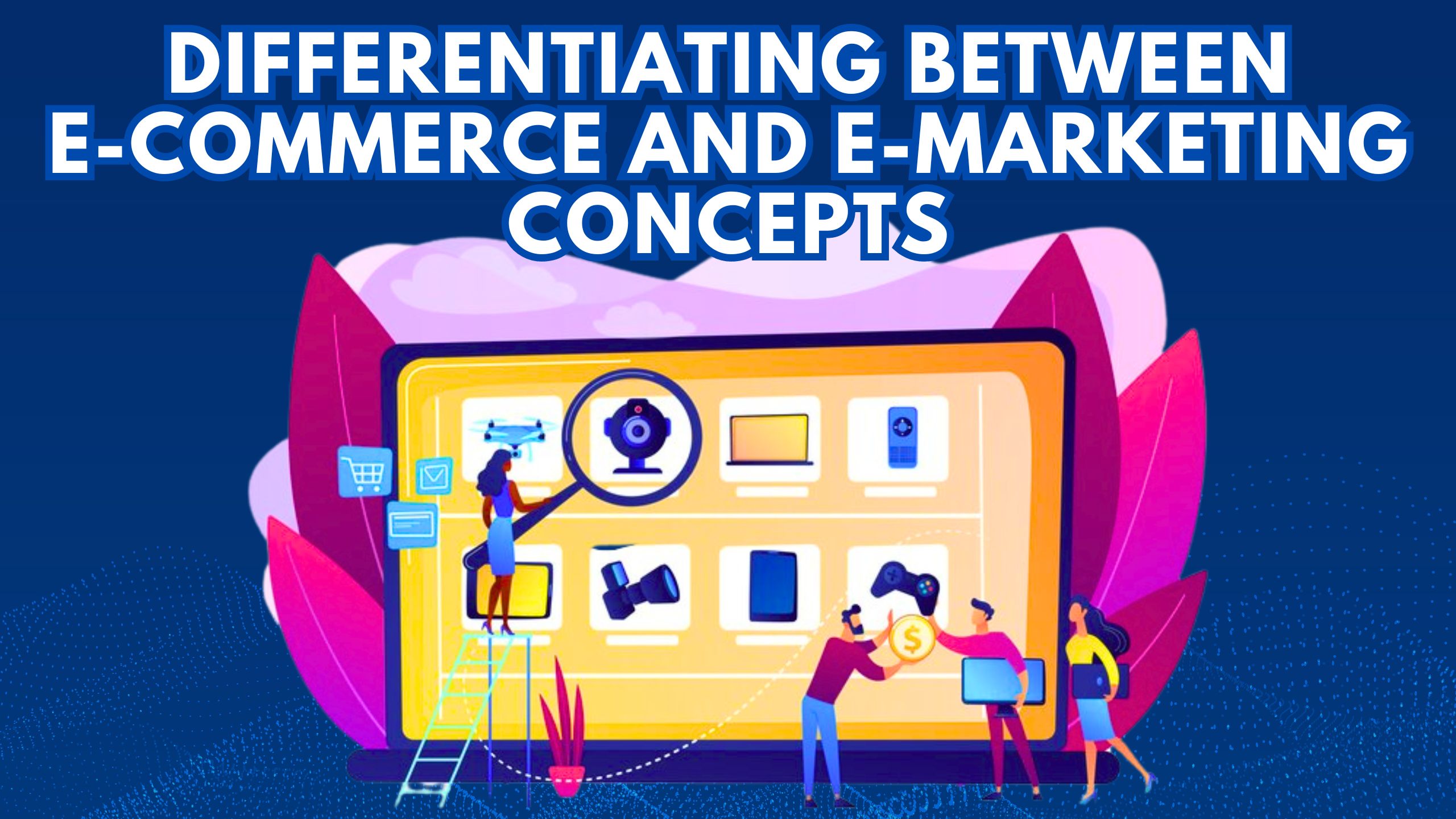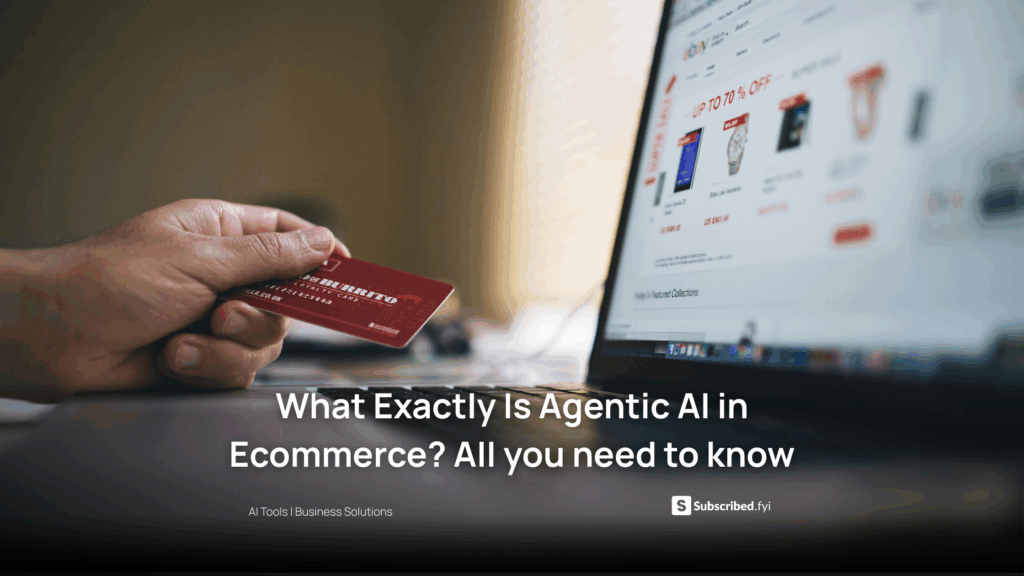Differentiating between E-commerce and E-marketing Concepts


Differentiating between E-commerce and E-marketing Concepts
In the rapidly evolving landscape of online business, it’s crucial to distinguish between the concepts of e-commerce and e-marketing. While both play integral roles in the digital realm, they serve distinct purposes in the realm of online transactions. Let’s delve into the nuances of these concepts and explore how they contribute to the success of businesses.
E-commerce: Transacting in the Digital Marketplace
E-commerce refers to the buying and selling of goods or services over the internet. It involves online transactions, electronic data interchange, and electronic funds transfers. The primary focus of e-commerce is on facilitating transactions and ensuring a seamless online shopping experience for consumers.
Relevant SaaS Products:
- Shopify: A comprehensive e-commerce platform that allows businesses to set up an online store with ease, manage products, and handle transactions securely.
- Magento: An open-source e-commerce platform that provides flexibility and scalability for businesses of all sizes, enabling the creation of customized online stores.
- BigCommerce: A SaaS solution that simplifies the e-commerce process, offering features like payment processing, inventory management, and marketing tools.
- WooCommerce: A WordPress plugin that transforms a website into a fully functional e-commerce store, providing flexibility and customization options.
- Square: A versatile payment processing tool that seamlessly integrates with e-commerce platforms, facilitating secure and efficient online transactions.
E-marketing: Promoting Your Digital Presence
On the other hand, e-marketing involves leveraging digital channels to promote products or services, build brand awareness, and engage with the target audience. It encompasses various strategies, such as social media marketing, email marketing, and search engine optimization, to enhance online visibility and attract potential customers.
Relevant SaaS Products:
- Mailchimp: An email marketing platform that enables businesses to create and send engaging email campaigns, automate marketing processes, and analyze performance.
- Hootsuite: A social media management tool that allows users to schedule posts, track social media engagement, and manage multiple platforms from a single dashboard.
- HubSpot: An all-in-one inbound marketing platform that integrates marketing, sales, and customer service tools, facilitating a holistic approach to e-marketing.
- SEMrush: A comprehensive SEO tool that assists businesses in optimizing their online presence, conducting competitor analysis, and improving search engine rankings.
- Buffer: A social media scheduling and analytics tool that streamlines the process of sharing content across multiple platforms, saving time and improving efficiency.
Conclusion
In conclusion, understanding the distinctions between e-commerce and e-marketing is crucial for businesses aiming to thrive in the digital landscape. While e-commerce focuses on facilitating transactions, e-marketing is instrumental in promoting a brand’s online presence. By strategically utilizing relevant SaaS products, businesses can navigate these concepts effectively and achieve success in the digital realm.
Unlock Exclusive SaaS Deals with Subscribed.fyi!
Empower your freelancing journey or small team endeavors with Subscribed.fyi—the ultimate solution for understanding, comparing, and managing your SaaS stack. Sign up for free today to unlock exclusive deals on 100+ SaaS tools, providing savings of $100,000+ per year. Take control of your expenses and make informed decisions effortlessly.





